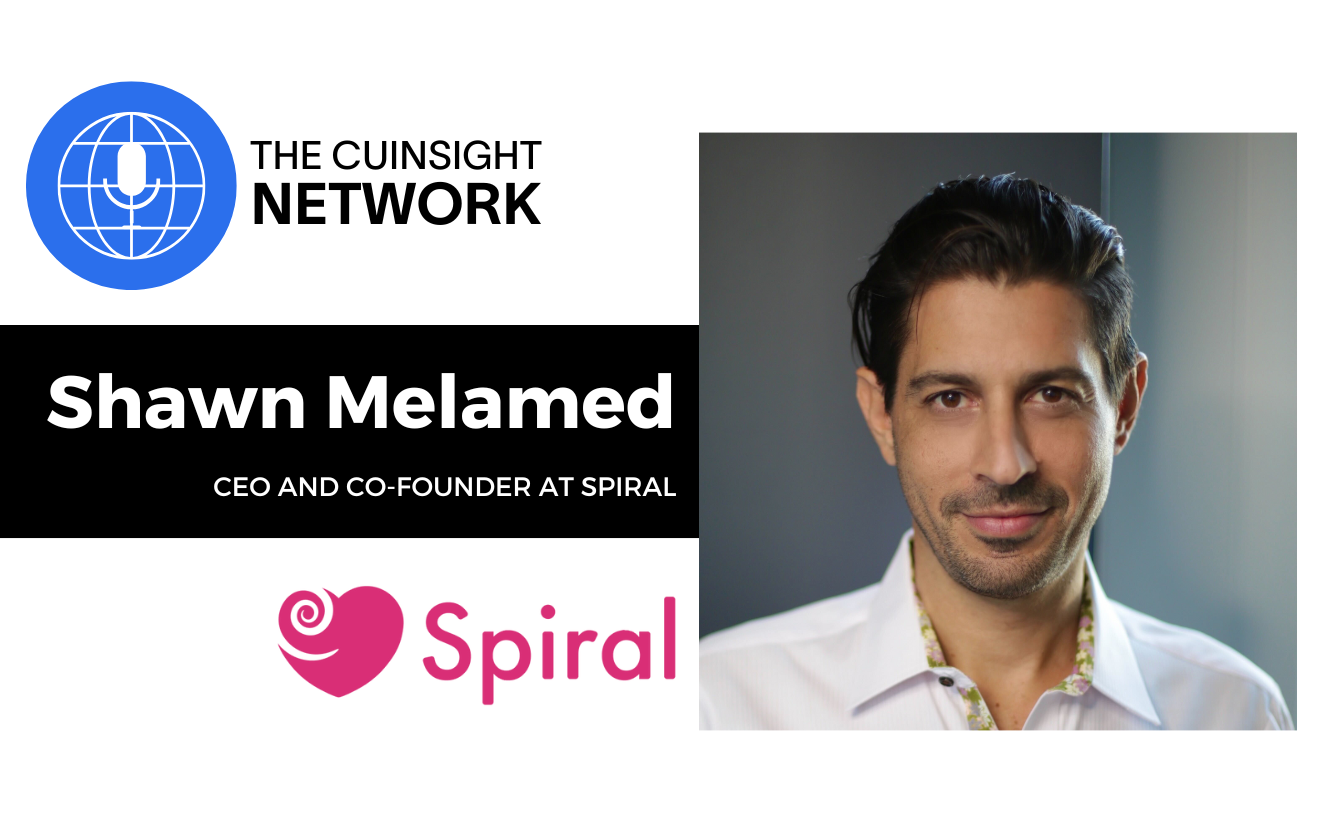Most people working in the financial industry are familiar with "unbanked" and "underbanked" people.
Underbanked people may have a credit union or bank account, but tend to rely on alternative financial services like check-cashers and payday lenders. Unbanked people have no checking or savings account.
At this year's CU Water Cooler Symposium,Ron Shevlinintroduced me to the term "de-banked."
Debanked: Mainstream consumers who willingly opt out of the financial system in favor of better and healthier options.
I hadn't heard anyone put a button on it quite like this. People are getting better at not needing you.
The tools for people to provide themselves with full-service banking outside of the banking system are here, many of them better than the tools traditional banks and credit unions provide.
Peer-to-peer lending (likeLending Club) is one of the earliest examples. Using a little bit of technology, people skipped the middle man and directly invested in and borrowed from each other. Solidarity lending circles, like those used byGrameen Bank, demonstrated that social accountability can reduce risk.The Cooperative Trust's Tru Accountuses the same system of accountability to essentially create a revolving line of emergency credit that, rather than relying on a traditional or predatory lender, is entirely funded by your peer group.





